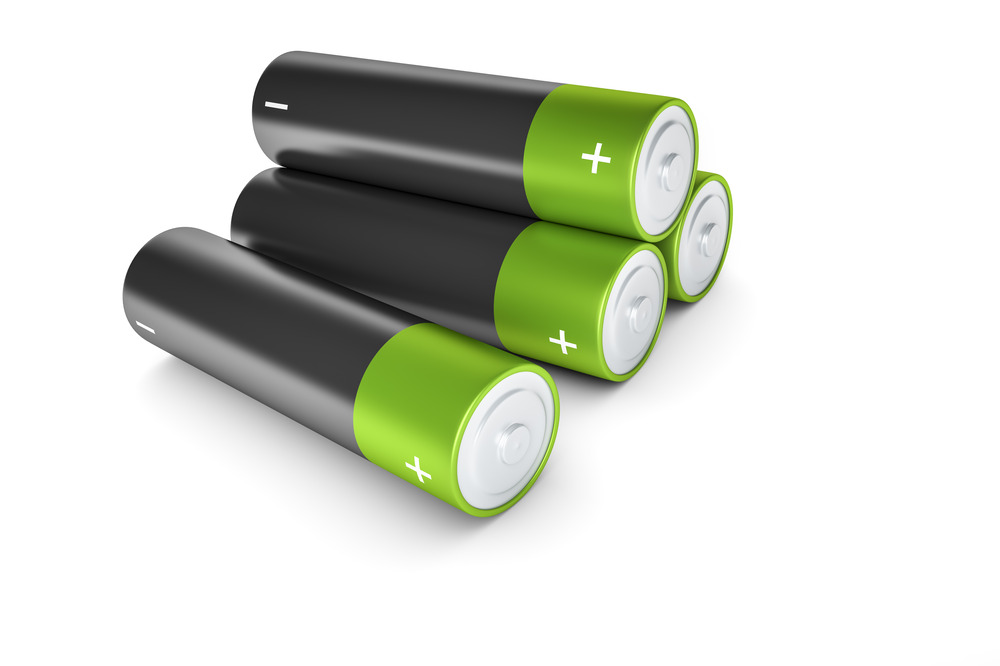What Are Solar Batteries? What Are They and How Do They Work?
Solar batteries are energy storage devices that store the excess electricity generated by solar panels. This stored energy can be used later, such as during nighttime, cloudy days, or power outages. Solar batteries enable homeowners and businesses to maximize their energy independence and optimize the efficiency of solar panel systems.

By understanding the types of solar batteries and their applications, you can choose a system tailored to your energy needs, whether it’s for residential use, backup power, or recreational activities
Solar Batteries:
Solar batteries store excess energy produced during the day for use during low-sunlight periods or power outages. Advanced lithium-ion batteries dominate the market due to their high energy density, efficiency, and longevity. Modern batteries integrate smart energy management systems for optimized storage and usage.
Technological Improvements:
- Both inverters and batteries now boast higher efficiency, improved energy storage capacities, and enhanced durability.
- Integration with IoT and smart home technologies allows better control and monitoring of energy use.
Leading Manufacturers in the U.S.:
- For inverters: Enphase Energy, SolarEdge, and SMA America are top manufacturers, offering high-quality products with advanced features.
. - For batteries: Tesla Powerwall, LG Chem, and Sonnen dominate the U.S. market, favored for their performance and innovative designs.
Best-Selling Products in Arizona:
- Inverters: Enphase micro-inverters are popular for their efficiency in homes with complex shading issues, while SolarEdge systems are widely chosen for larger setups.
- Batteries: Tesla Powerwall leads in Arizona due to its high capacity and seamless integration with solar systems. Sonnen batteries are also favored for their eco-friendly design.
Arizona’s growing solar market emphasizes resilience and efficiency, making advanced inverters and batteries essential for maximizing solar energy use.

Types of Solar Batteries
- Lithium-ion Batteries: Most popular due to their efficiency, lifespan, and compact size Description: Most popular type for residential systems, known for their efficiency and longevity.
Pros: High energy density, lightweight, long lifespan, and fast charging.
Cons: Higher upfront cost compared to other types.
Examples: Tesla Powerwall, LG Chem RESU, Enphase IQ Battery.
Common Sizes: 5 kWh to 20+ kWh storage capacities. (e.g., Tesla Powerwall, LG Chem). - Lead-Acid Batteries: Less expensive but bulkier and with a shorter lifespan. Description: Traditional battery technology, used for decades in off-grid solar systems.
Pros: Low upfront cost and reliable performance.
Cons: Shorter lifespan, lower efficiency, and requires more maintenance.
Examples: Trojan Renewable Energy Batteries, U.S. Battery RE series.
Common Sizes: 100 amp-hours (Ah) to 300 Ah. - Saltwater Batteries: An eco-friendly option with a longer lifespan but lower efficiency.
- Description: Emerging technology using non-toxic materials, ideal for environmentally conscious users.
- Pros: Safe, eco-friendly, and long-lasting.
- Cons: Limited availability and lower efficiency.
- Examples: Aquion Energy Aspen series.
- Common Sizes: Varies, typically smaller than lithium-ion counterparts.
- Flow Batteries: Ideal for large-scale storage but costly for residential use.
- Description: Utilize liquid electrolytes to store energy, suitable for high-capacity storage.
- Pros: Scalability and long lifespan (thousands of cycles).
- Cons: Large size and high cost, making them less common for residential use.
- Examples: Redflow ZBM2.
- Common Sizes: 10 kWh to 100 kWh (mostly for larger systems).
Advancements in Solar Battery Technology
- Increased Energy Density: Modern batteries can store more energy in smaller spaces.
- Longer Lifespans: Enhanced designs reduce wear and tear from frequent charge cycles.
- Integration with Smart Grids: New systems allow users to sell stored energy back to the grid.
- Faster Charging: Improvements in charging rates provide quicker energy replenishment.
Benefits of Solar Batteries
- Energy Independence: Reduces reliance on the grid.
- Backup Power: Provides energy during outages.
- Maximizing Solar Investment: Ensures no excess solar power goes to waste.
- Environmentally Friendly: Supports renewable energy use and reduces carbon footprints.
How Do Solar Batteries Work?
Charging:
- Solar panels convert sunlight into direct current (DC) electricity.
- This electricity powers immediate needs, and any surplus is sent to charge the solar battery.
Storage:
- The battery stores the excess energy as chemical energy for future use.
- Modern batteries, like lithium-ion models, have high storage efficiency and long lifespans.
Discharging:
- When the solar system isn’t producing enough energy (e.g., at night), the battery releases stored energy back into the system.
- The inverter converts the DC electricity from the battery into alternating current (AC) electricity for use in appliances.
Monitoring:
- Smart solar batteries can be monitored via apps, showing real-time energy production, storage levels, and usage patterns.
Solar Batteries: Storing Energy for Later Use
Solar batteries are essential for maximizing the efficiency of a solar power system, especially for homeowners or businesses looking to use solar energy during periods when the sun isn’t shining, such as at night or during cloudy days. These batteries store the excess energy generated by solar panels during the day, allowing users to draw from this stored energy when needed. This energy independence reduces reliance on the grid and helps mitigate high energy costs, particularly in areas with expensive peak-time rates.
There are various types of solar batteries, with lithium-ion batteries being the most popular due to their high energy density, longevity, and relatively low maintenance needs. Other options include lead-acid and saltwater batteries, though these tend to be less efficient and have shorter lifespans. With continuous improvements in battery technology, modern solar batteries now offer smarter features, such as remote monitoring, better temperature tolerance, and longer storage times. Some of the most popular solar batteries on the market today include the Tesla Powerwall, LG Chem RESU, and Sonnen.
What can batteries be used for?
Main Uses
- Energy Storage: Store solar energy for use at night or during cloudy weather.
- Backup Power: Provide electricity during outages, ensuring reliability.
- Energy Cost Management: Shift usage to off-peak times, lowering energy bills.
- Off-Grid Systems: Enable complete energy independence for remote areas.
Recreational Uses
- RV and Camping: Small solar battery systems power lights, fridges, and devices in off-grid camping setups.
- Boats: Reliable power for navigation systems, appliances, and lighting.
- Portable Chargers: Power smaller devices like phones or laptops during travel or outdoor activities.
- Home Emergency Kits: Lightweight solar generators or portable batteries for disasters or emergencies.



